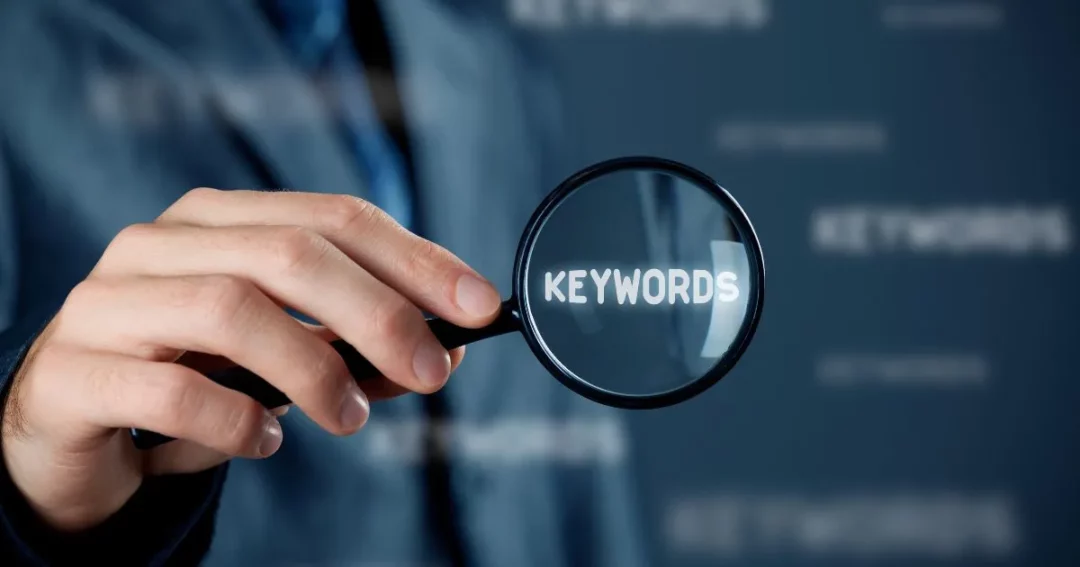
Recently, Google has increased its efforts to ensure authenticity and accuracy within its Maps service. An example of this is the crack down on businesses using virtual office addresses, without physically occupying the space. Google now requires that businesses using Google Maps for visibility, genuinely operate from the location they submit and are open to serve customers during the listed hours. This policy change highlights the importance of using alternative methods for boosting your local SEO.
Virtual office spaces are a popular choice for many businesses. However, verification issues can make listing a virtual office on Google Maps challenging. While this has been a longstanding problem, Google has become more strict on the verification process, and in turn, verifying is much more difficult. Read our blog about listing your business on Google Maps.
Using your virtual office address effectively can enhance your SEO efforts beyond Google Maps. By consistently displaying your virtual office address across your website, social media profiles, and business directories, you will confirm the authenticity of your business location. Consistency not only builds trust with potential clients but also communicates to search engines that your business is reputable in its local area. So ensure your virtual office address is present in the footer of your website, in the bio sections of your social media platforms, and included in all your online material to enhance your local SEO and create a stronger local impact, genuine connection and better search engine rankings.
Local SEO tools can be a game-changer. From automating review management to dominating local search, the right technology can help your business grow long-term. Choosing the right local SEO tool helps you improve local search results and attract more customers. We have put together a comprehensive guide on the appropriate software to use to manage your local SEO.
Local SEO plays an important role in helping businesses connect with local customers and drive traffic to their physical locations. However, relying solely on Google Maps for local SEO may limit your reach. By diversifying your strategies, you can maximise your online visibility and attract a wider audience.
Scroll to boost your local SEO!
Before looking into alternative strategies, it’s important to understand the concept and its benefits. Local SEO refers to the process of optimising your website to rank higher in local search results. It helps businesses target customers in specific geographic areas and increase their chances of being discovered by potential customers near their locations.
Whilst Google Maps is a popular tool for local SEO, there are several alternative strategies you can use instead in order to enhance your local online presence.
There are other alternatives to further enhance your business outreach. We have compiled comprehensive instructions on getting your business listed on Bing Places and added to Apple Maps. In doing so, this can only further enhance your reach and visibility to potential customers.
One effective strategy is to optimise your website content for local SEO. Conduct thorough keyword research and target local keywords that are relevant to your business. Incorporate these keywords naturally into your website’s content, including headings, meta tags, and descriptions.
Local citations are online mentions of your business’s name, address, and phone number (NAP) on other websites. They play a crucial role in local SEO. Look for industry-specific directories and review sites. Building local citations helps establish your business’s credibility and improves your local search rankings.

Research popular keywords!

Use your virtual office address on your website.

Focus on gaining positive reviews.
Make sure your business is listed in relevant online directories and listings. These platforms act as online directories where potential customers can find information about your business. Look for industry-specific directories, local chambers of commerce, and community websites to boost your online visibility.
Use social media platforms to enhance your SEO efforts. Create engaging content, interact with your local community, and encourage user-generated content. Social media platforms provide an opportunity to directly engage with your audience, increase brand awareness, and drive traffic to your website.
Online reviews play a vital role in local SEO. Encourage satisfied customers to leave positive reviews on review sites and directories. Respond quickly to both positive and negative reviews, showing that you value customer feedback. Positive online reviews improve your business’s reputation and credibility while boosting your local search rankings. Remember, positive reviews can help build trust with your customers and the more reviews you get, the more likely your business is to be chosen by potential clients.
Consider using barnacle SEO, which involves associating your business with high-ranking websites or platforms. By creating content or listings on popular websites like Yelp or TripAdvisor, you can piggyback on their strong SEO presence and increase your own visibility.
Building a strong local SEO presence is vital for businesses looking to attract local customers. While Google Maps is an effective tool, it’s essential to diversify your strategies to maximise your online visibility. By optimising website content, building local citations, utilising social media, online reviews, and exploring barnacle SEO, you can enhance your local SEO without relying solely on Google Maps.
Remember, effective local SEO requires continuous effort, monitoring, and adaptation. Stay updated with the latest best practices and trends in the world of local SEO to ensure your business remains visible and competitive. Building local SEO with a virtual office can still be done, without the use of Google Maps!